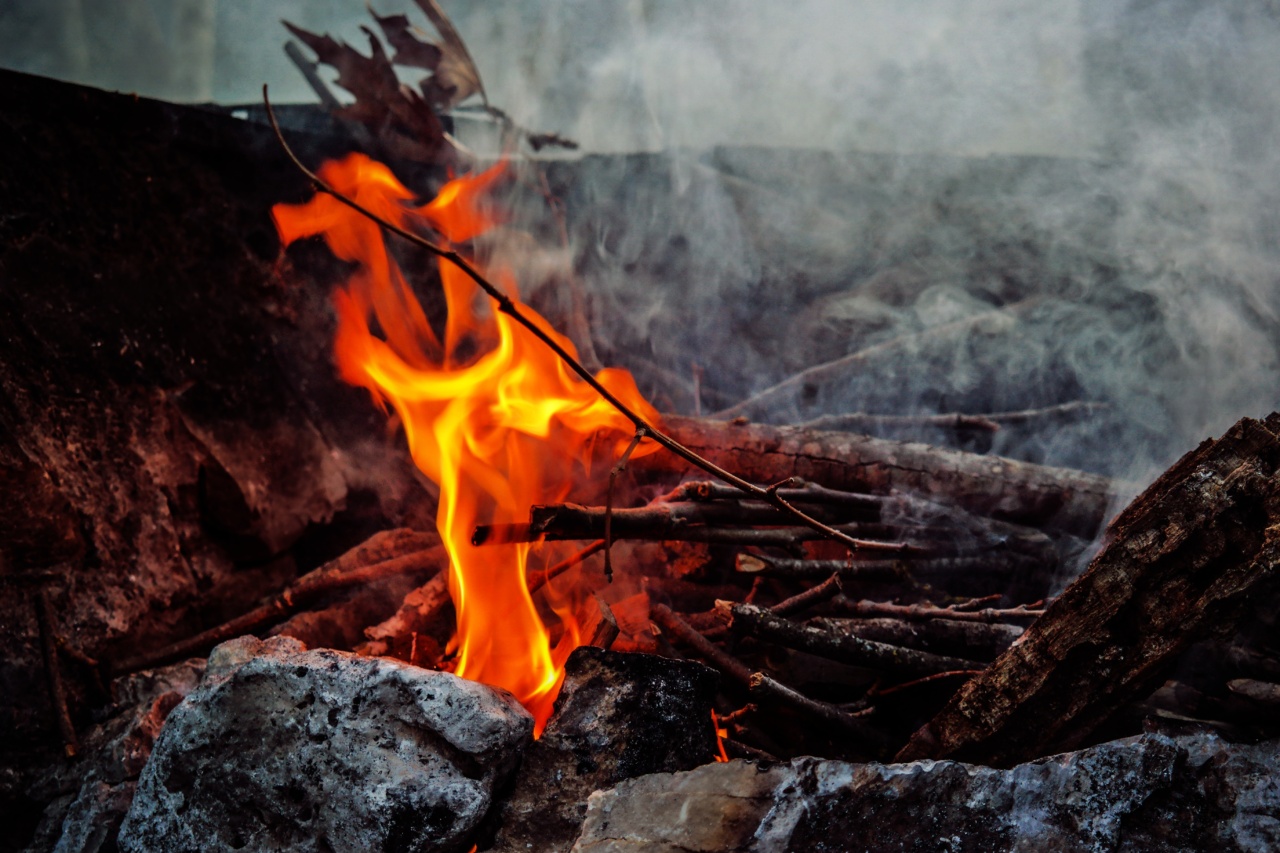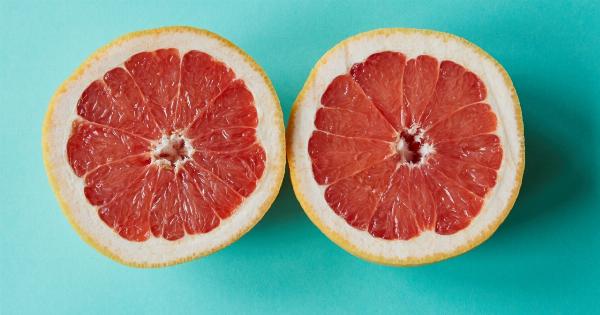Kidney stones are hard, crystal-like deposits that form inside the kidneys or urinary tract. They are formed when certain substances in urine, such as calcium, oxalate, and uric acid, become concentrated and crystalize.
Stones can range in size from as small as a grain of sand to as large as a golf ball.
What are the symptoms of kidney stones?
The most common symptom of kidney stones is intense pain in the back or side, often radiating down to the groin. Other symptoms include:.
- Nausea and vomiting
- Painful urination
- Fever and chills (if an infection is present)
- Blood in the urine
- Difficulty passing urine
Who is at risk for kidney stones?
Anyone can develop kidney stones, but certain factors can increase your risk:.
- Family history of kidney stones
- Dehydration
- Obesity
- High protein or high salt diet
- Certain medical conditions such as gout, hyperparathyroidism, and urinary tract infections
- Use of certain medications such as diuretics (water pills)
What are the dangers of kidney stones?
While kidney stones may not cause any symptoms, they can lead to serious complications if left untreated:.
- Chronic kidney disease: Repeated kidney stone formation can cause damage to the kidneys over time, leading to chronic kidney disease.
- Kidney infection: If a stone blocks the urinary tract, it can lead to a kidney infection, which can cause fever, chills, and sepsis.
- Urinary tract obstruction: Large stones can completely block the urinary tract, causing severe pain and damage to the kidneys.
How are kidney stones diagnosed?
A doctor can diagnose kidney stones through a physical exam, urine tests, and imaging tests such as X-rays, CT scans, or ultrasounds.
How are kidney stones treated?
Treatment for kidney stones depends on their size and location. Small stones may pass on their own with hydration and pain medication, while larger stones may require medical intervention:.
- Extracorporeal shock wave lithotripsy (ESWL): A non-invasive procedure that uses shock waves to break up kidney stones into smaller pieces that can be passed more easily.
- Ureteroscopy: A minimally invasive procedure that uses a small scope to remove stones in the ureter or kidney.
- Percutaneous nephrolithotomy (PCNL): A surgical procedure where a small incision is made in the back to remove larger kidney stones.
How can kidney stones be prevented?
The best way to prevent kidney stones is to stay hydrated and maintain a healthy diet and lifestyle:.
- Drink plenty of water, especially in hot weather or when exercising.
- Avoid high protein and high salt diets.
- Eat foods that are low in oxalate such as leafy greens, fruits, and vegetables.
- Exercise regularly and maintain a healthy weight.
- Avoid excess alcohol and caffeine.
Conclusion
Kidney stones can be painful and potentially dangerous if left untreated, but there are a variety of treatment options available.
By maintaining a healthy lifestyle and staying hydrated, you can reduce your risk of developing kidney stones and prevent future episodes.






























